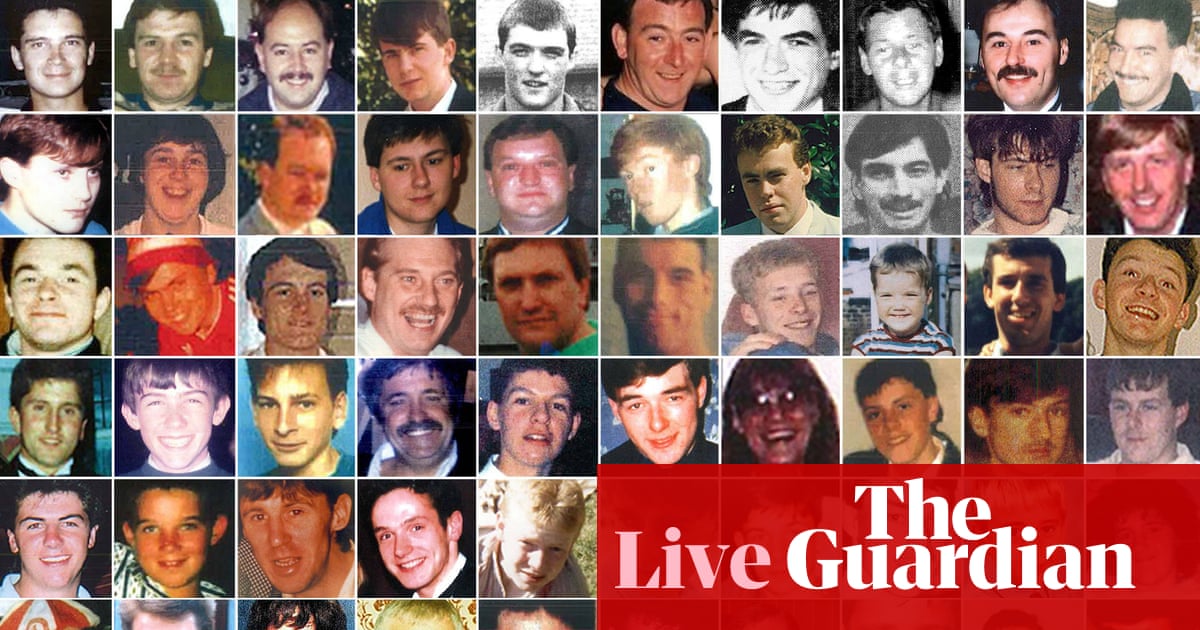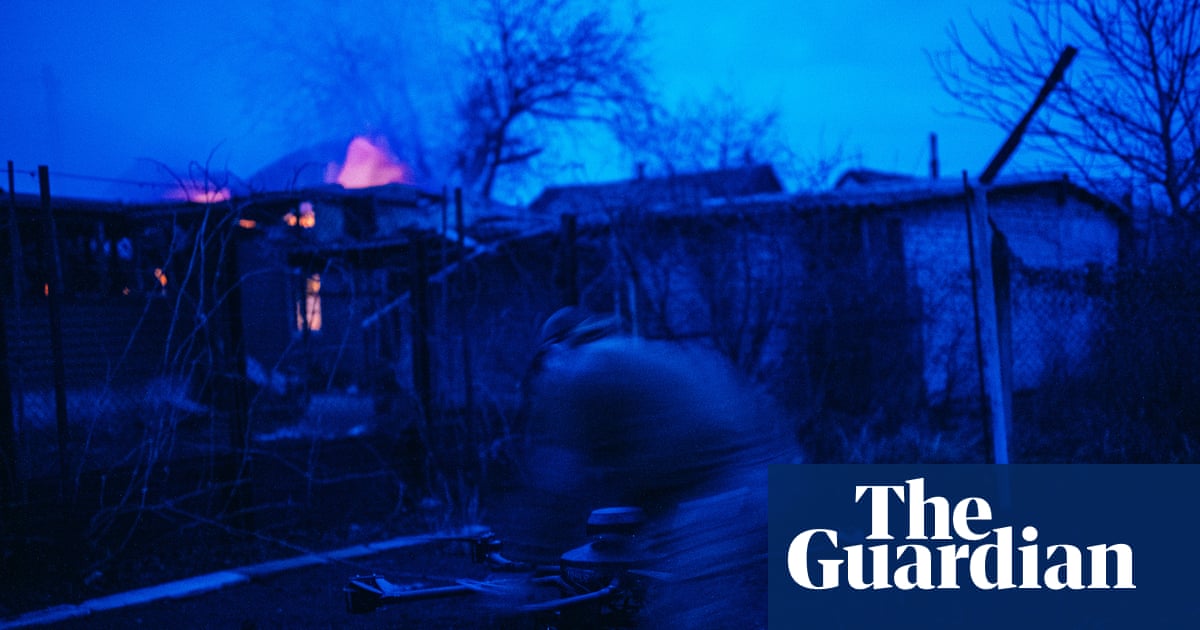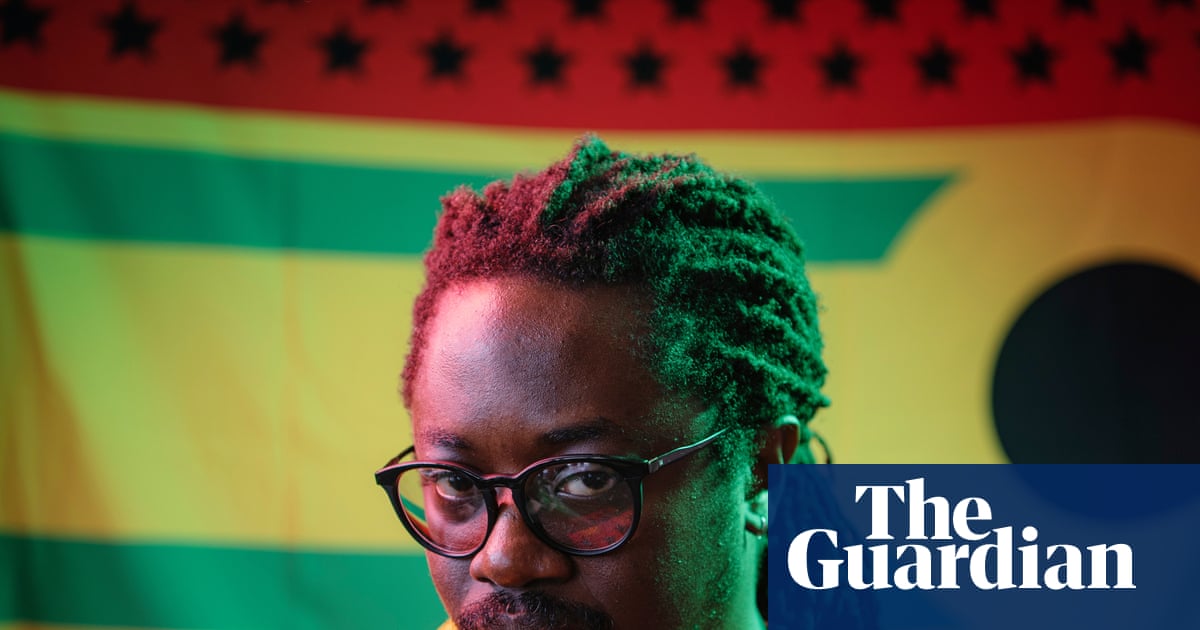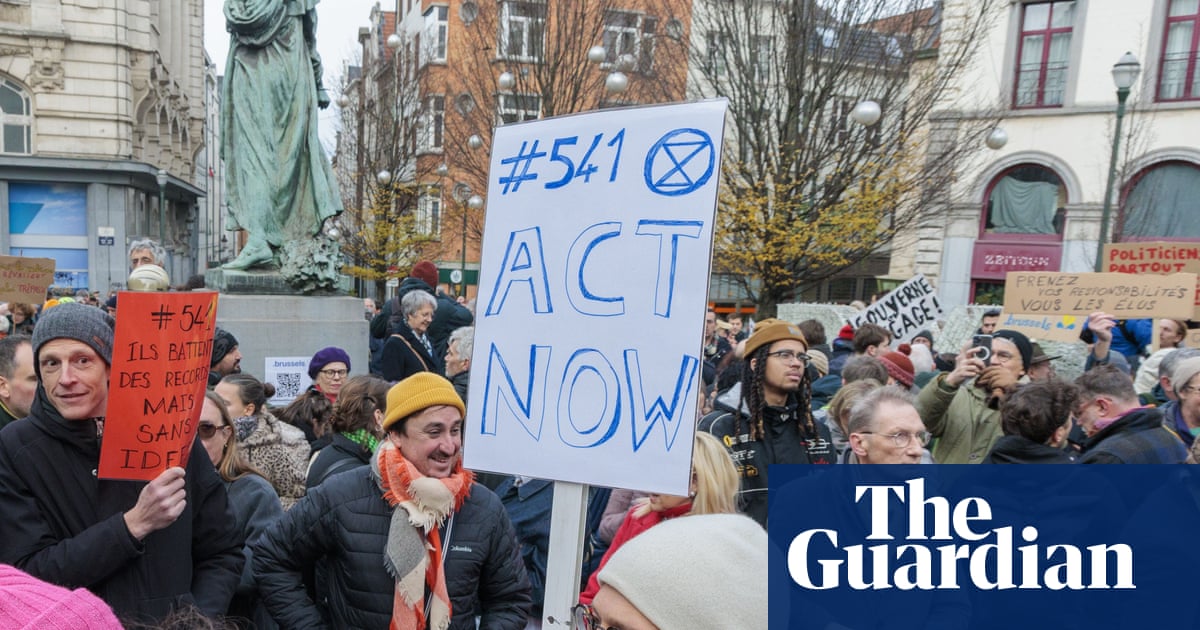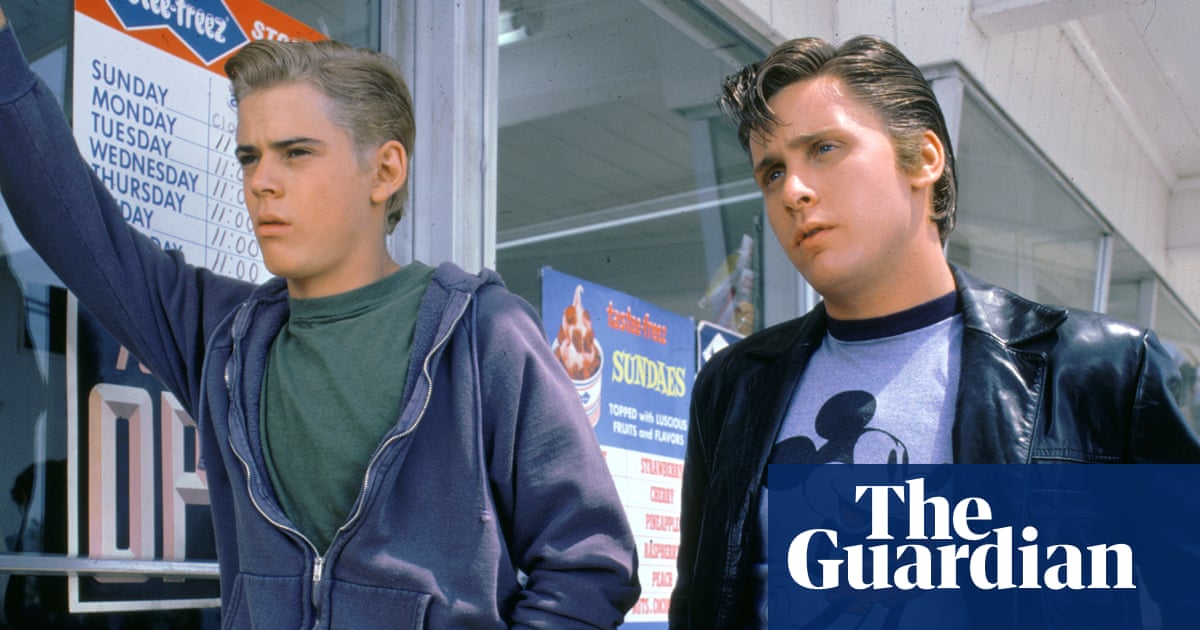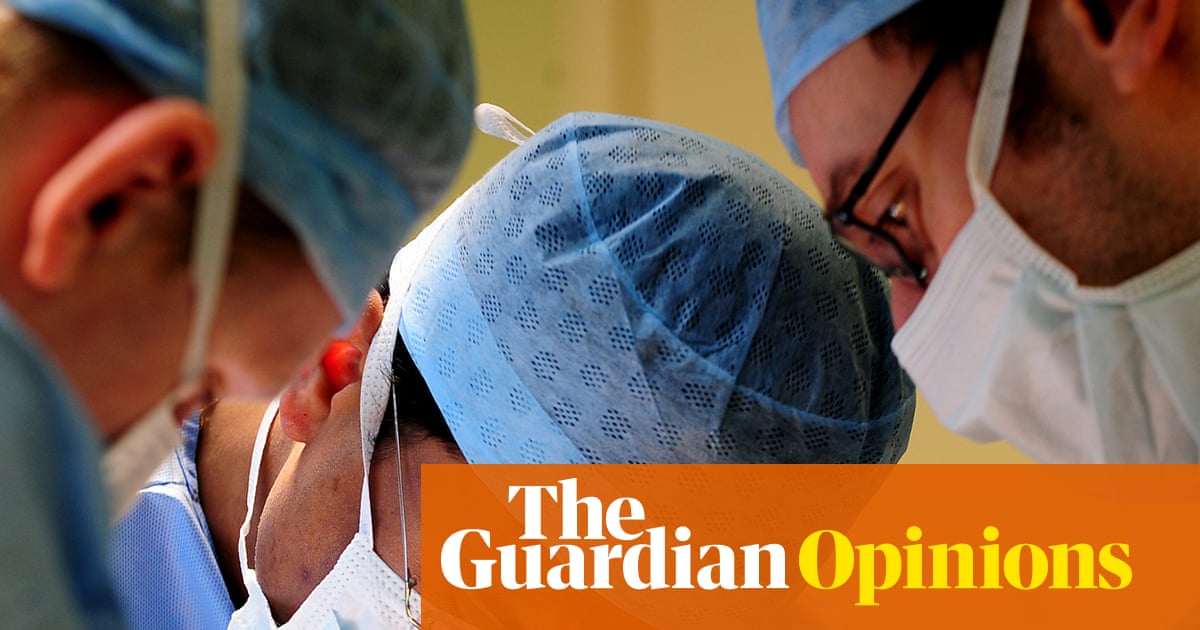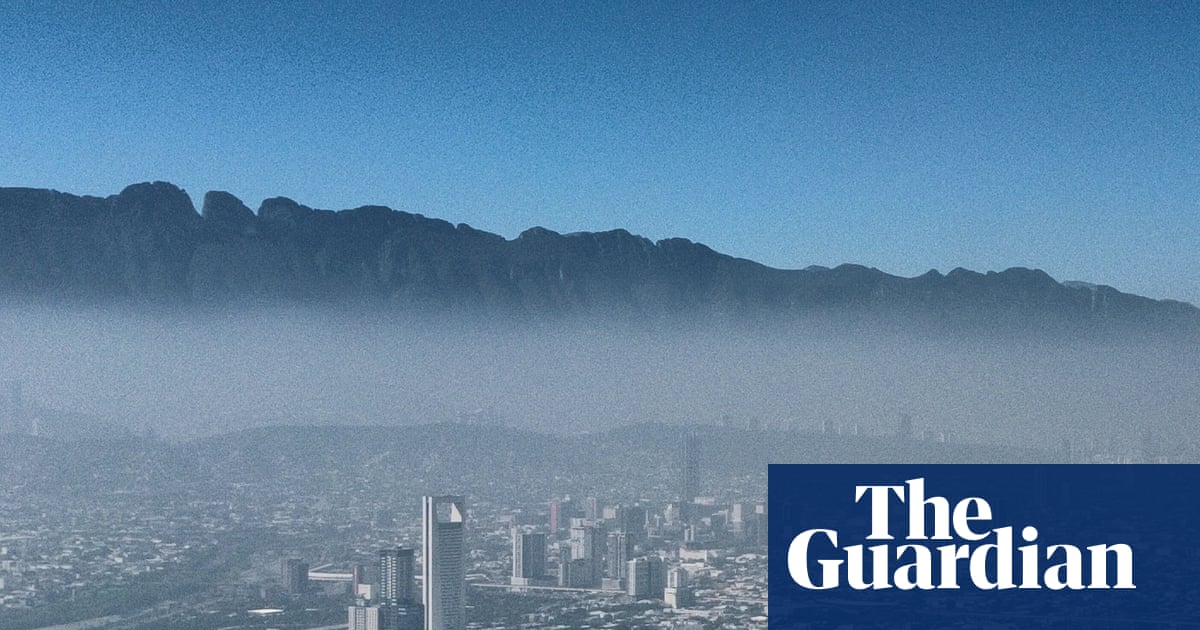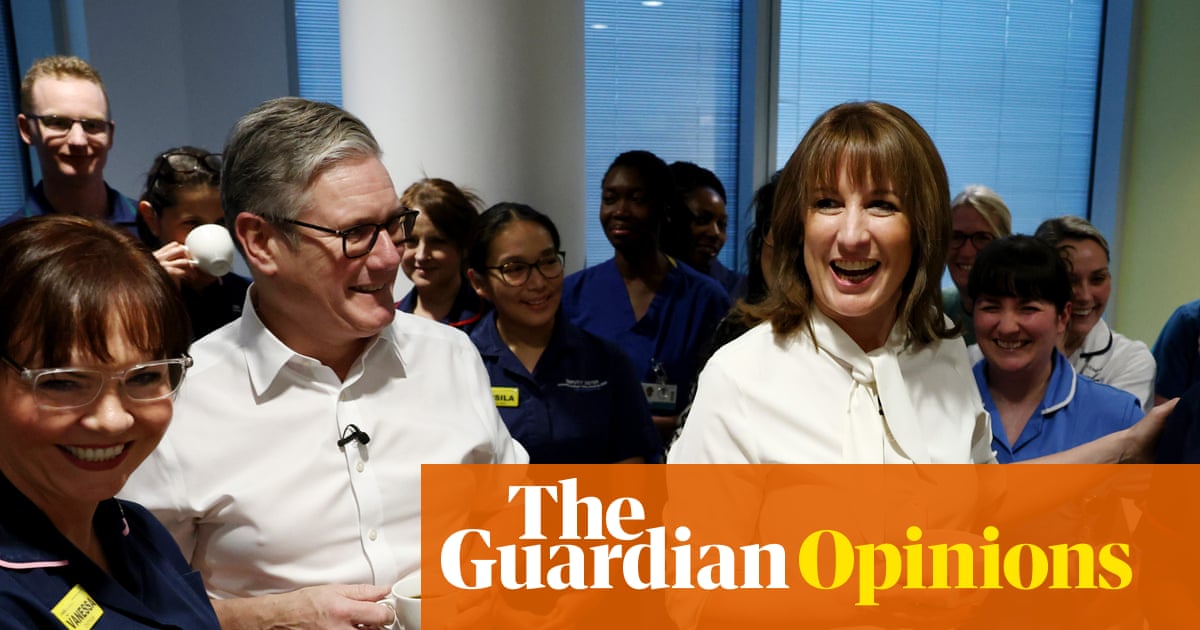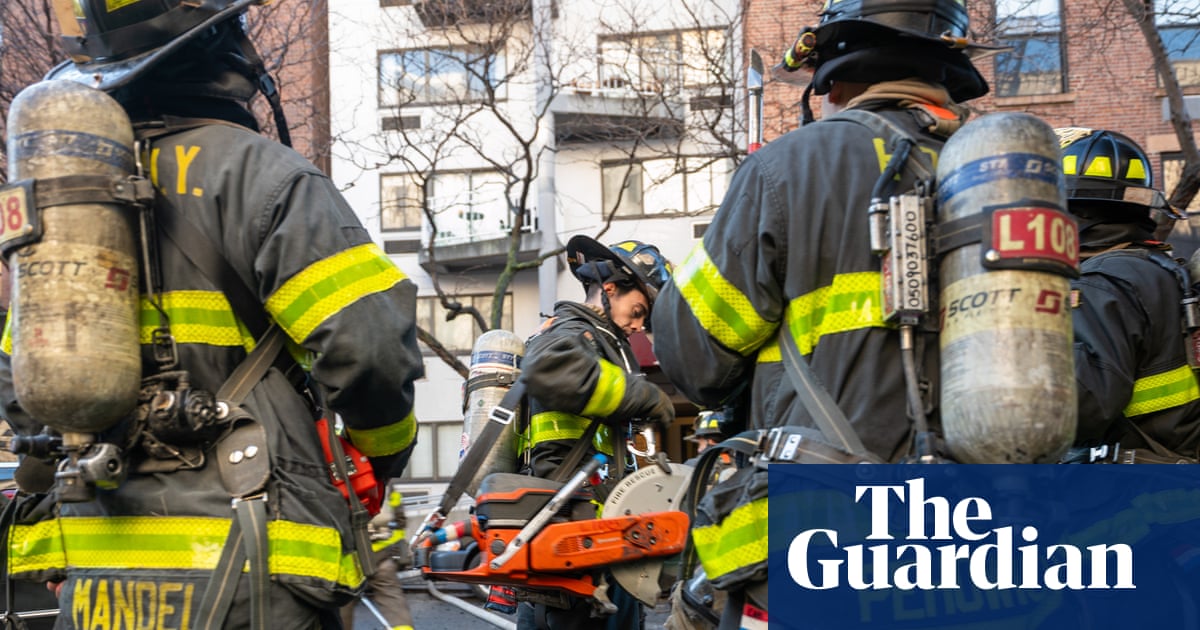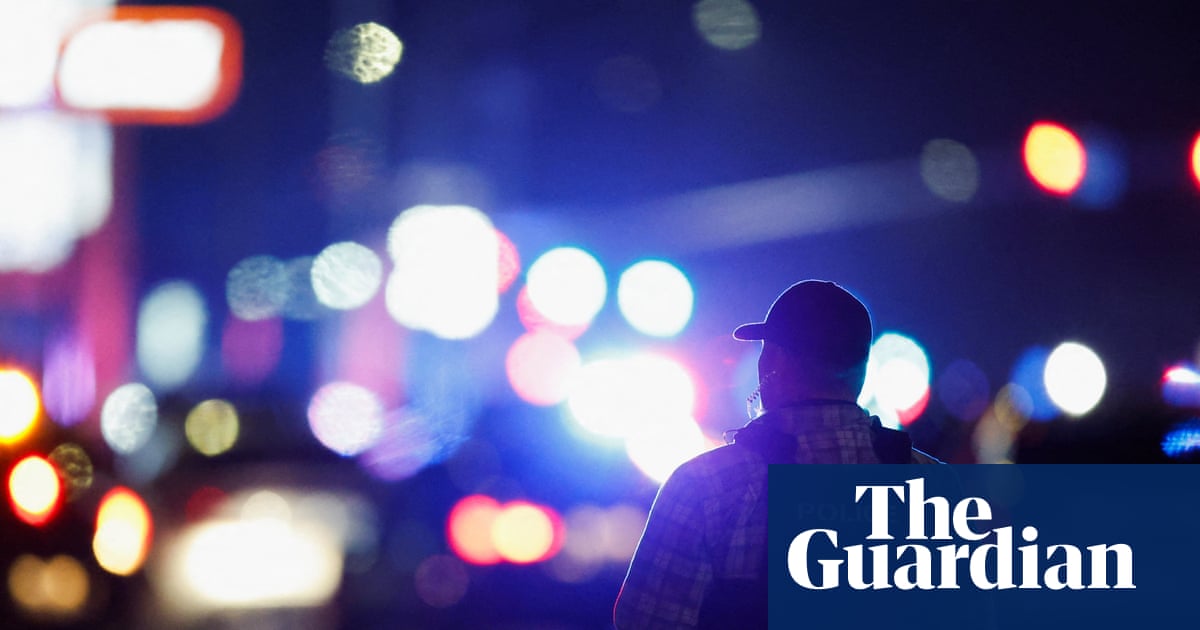Three years ago, I spoke about the toxic culture inside the Metropolitan police service. Now, I’m doing it again, and it’s Charing Cross police station. Again. I appeared on the BBC Panorama Undercover in the Police programme. I thought long and hard about taking part in this documentary, after the hatred and threats I received last year after I spoke as part of another BBC documentary. But I felt that, given the programme’s importance and everything it was trying to uncover, I just had to take part. Plus, I couldn’t let the haters win.
Three years ago, I was director for London at the Independent Office for Police Conduct, where my teams had done an incredible job investigating misconduct inside Charing Cross police station. The subsequent report uncovered victims of racism and abuse who were themselves serving officers. It also uncovered a toxic culture of misogyny, racism, Islamophobia, antisemitism, homophobia and ableism. Yes, really.
Alongside the recommendations we made to the Met to ensure this didn’t happen again, I made the decision to publish the WhatsApp messages unredacted. That wasn’t an easy decision, but I wanted to ensure that members of the public and other serving officers understood what discrimination actually looked like – and what their colleagues suffered. This became a global news story, and eventually led to the resignation of the Met’s commissioner, Cressida Dick.
Why am I telling you this now? Because three years later the BBC’s undercover reporting shows that nothing has changed. Nothing. This is a catastrophic failure of leadership at the highest levels by the Met. I am unapologetically scathing because of all the work, all the recommendations that had been made previously. Everything had been agreed upon and supposedly implemented. So how could this possibly happen again?
That’s the question that must be thoroughly explored so we know where accountability sits for this failure. What is so dispiriting, and what this documentary proved, is how some officers think and behave when they feel safe. It is a clear reflection of the extent to which far-right thinking is creeping into our public services. It’s also a confirmation of what some communities in London have always feared, of what institutional racism and misogyny actually looks like in reality. If that reflection stings a bit, just consider again the anti-immigrant and anti-Muslim hatred we saw in the documentary, alongside the copious examples of misogyny.
I’m still processing the documentary. I was at the National Black Police Association (NBPA) conference this week, where we were thinking hard about this.
In the programme, my amazing colleague, Sue Fish, who was Nottinghamshire’s senior officer and who has worked so hard to confront misbehaviour and to make misogyny a hate crime, said what I said three years ago: this isn’t just the case of a few rotten apples. It’s about the barrel. It always was.
So what next? The first thing they have to do is ask themselves, how did this happen again. How did it happen at all in the Met, but specifically how did it happen at Charing Cross, given everything they knew about the station there and its culture? This goes deep, because much was done at the station last time to move officers and disband units, but the problem is still there. This is almost a case study in failure. You can’t fault current Met commissioner Mark Rowley’s rhetoric. There is a whole body of work they are doing to have a new Met. But if, after three years, this is where we are, how can we say it is working?
One thing they need to do is to repair the relationship with the NBPA. They also need to bring in people whose views will be challenging and thus are difficult to hear, but who need to be heard. The whole thing now is too internal. After the Macpherson report following the inquiry into police failures after the death of Stephen Lawrence, they had lay advisers who did provide challenge and a proper critique, but that has dissipated to nothing.
They must also create conditions so that frontline officers who want no part in this feel confident in being able to speak up and that they will be supported when they do. In the programme, we saw a female officer who knew what was being said was wrong, but didn’t feel she could do anything about it because the male officer involved was senior to her. That problem must be urgently addressed.
after newsletter promotion
The majority of officers in the Met are decent and will be waking up today sickened by last night’s documentary. Rowley is clearly trying, but what he’s doing isn’t working and looming fast on the horizon is the next phase of the review by Baroness Casey into standards of behaviour and the culture of the Met. What view will she take of this?
This has gone on for too long. What we need now is fewer meaningless words about “the Al Capone approach” to rooting out shameful behaviour and more humility about what they are getting wrong, allied to the courage to ask for help to get it right. The Met is Britain’s biggest force: it must do better. The public deserves nothing less.
-
Sal Naseem is a former regional director for London at the Independent Office for Police Conduct
-
Do you have an opinion on the issues raised in this article? If you would like to submit a response of up to 300 words by email to be considered for publication in our letters section, please click here.

 2 months ago
70
2 months ago
70
